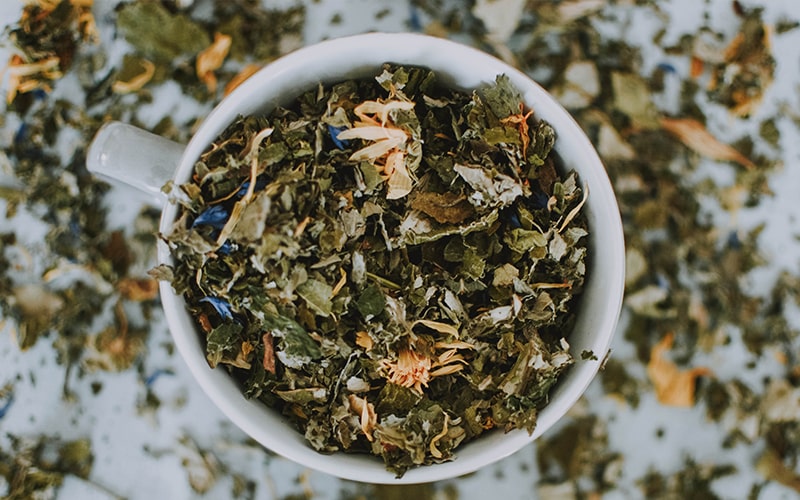
First written record of herbal medicines, the Pen Ts’ao by Shen Nung
First Greek herbal written; Hippocrates develops principles of diet, exercise and happiness as the cornerstones of health
First illustrated herbal produced in Greece
Roman Empire spreads herbal medicine and commerce of plants around the Empire
Herbal practitioner, Galen, creates system for classifying illnesses and remedies
Hippocrates’ principles followed in Britain by Myddfai practitioners throughout Saxon times
Monks now pioneer herbal medicine with infirmaries and physic gardens at every monastery
Arab world now major influence on medicine and healing practices. Physician Avicenna writes the Canon of Medicine
Black Death spreads across Europe; ‘qualified’ apothecaries try bleeding, purging, mercury and arsenic to stem the epidemic with no more success than traditional herbalists
Henry VII promotes herbal medicine in the face of the growing number of untrained apothecaries and other ‘medical practitioners’ flourishing in London. Various Acts of Parliament passed to introduce some regulation of medical practices including protection for ‘simple herbalists’ to practice without fear of prosecution
Society sees the first two-tier health system emerge – herbs for the poor and exotics (plant, animal or mineral extracts) or ‘drugs’ for the rich. Nicholas Culpepper writes his famous herbal: The English Physician, explaining in simple terms the practice of herbal medicine
Preacher Charles Wesley advocates a sensible diet, good hygiene and herbal medicine as the keys to a healthy life
Herbal medicines begin to be eclipsed by mineral-drug based treatments. With powerful drugs such as calomel (mercury) and laudanum available over the counter serious side effects begin to be documented. Albert Coffin pioneers low-cost herbal remedies using plants from his native America as well as European ones helping hundreds of working class people at his north of England practice. Burgeoning pharmaceuticals industry makes herbal medicine seem outdated. National Association of Medical Herbalists founded to defend the practice. Later to become the National Institute of Medical Herbalists
Medicinal herbals used extensively during World War I as drugs are in short supply.Post war period sees enormous expansion in the international pharmaceuticals industry and the discovery of penicillin. A handful of dedicated herbalists keep the tradition alive. A Modern Herbal by Hilda Leyel is published. Pharmacy & Medicines Act 1941 withdraws herbal practitioners rights to supply patients with medicines. Public outcry ensures the Act is never enforced. After much campaigning by the NIMH, the Medicines Act in 1968 reinstates practitioners’ rights and the British Herbal Medicine Association is founded. The BHMA produce the British Herbal Pharmacopoeia. Revised edition is published in 1990. Public concern starts to grow over the side effects of the ‘wonder drugs’ of the 1950s and their impact on the environment.
EU legislation advocates all herbal medicines should be subject to compulsory clinical testing comparable to that undertaken for conventional drugs. Thus all herbal medicines would be licensed. UK government currently considering the possible impact and public perception of this legislation.